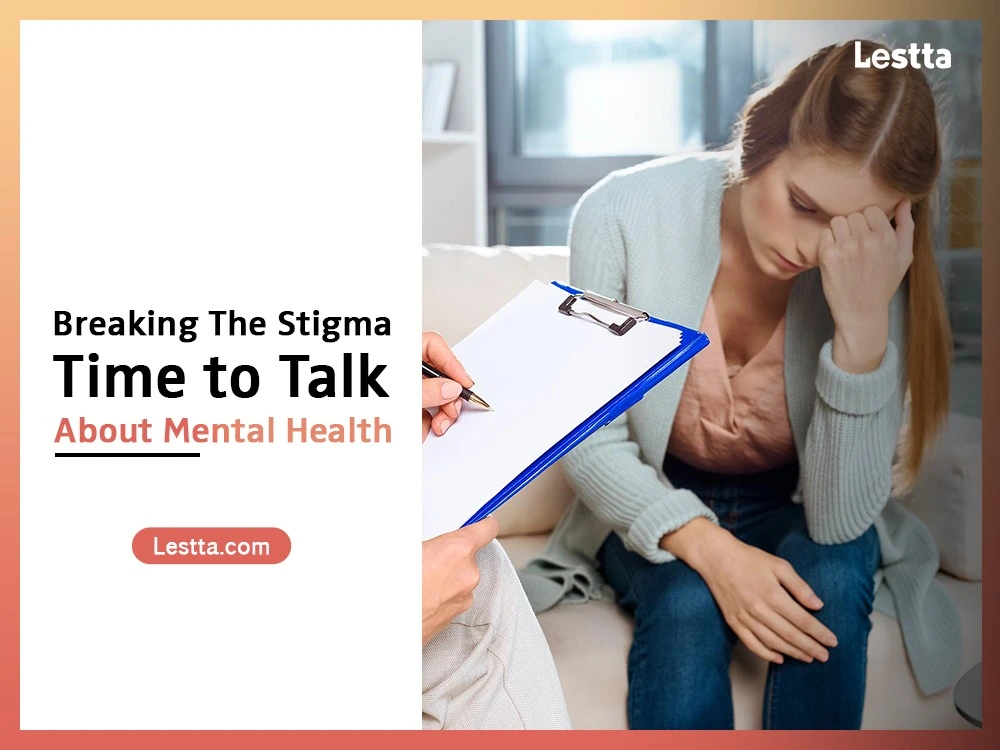Breaking The Stigma: Time to Talk About Mental Health

Mental health is an essential part of our overall well-being, but it is often neglected and stigmatized. Mental health issues affect millions of people worldwide, and yet the stigma surrounding mental illness prevents many from seeking help. It’s time to break the silence and start talking about mental health openly.
The Stigma
Stigma surrounding mental health is a significant barrier to accessing care and support. According to the World Health Organization, one in four people globally will be affected by mental or neurological disorders at some point in their lives, but only a small percentage of those people will seek help due to fear of stigma and discrimination.
The stigma surrounding mental health can take many forms, including social exclusion, discrimination, and negative attitudes. It can be challenging to talk about mental health openly when there is so much judgment and misinformation surrounding mental health.
Breaking the Stigma
Breaking the stigma surrounding mental health requires a multi-faceted approach. It starts with education and awareness. By learning more about mental health, we can break down stereotypes and reduce the fear and shame associated with mental health issues. We need to start talking about mental health openly and honestly, challenging the myths and misinformation that fuel the stigma.
Another critical step in breaking the stigma is to provide support and resources for those who are struggling with mental health issues. This includes access to mental health services, support groups, and other resources that can help people get the care and support they need.
It is also important to recognize that mental health issues can affect anyone, regardless of age, gender, or background. Mental illness is not a weakness or a personal failing. It is a medical condition that requires treatment and support. We need to shift the conversation around mental health from one of shame and blame to one of acceptance and support.
The Importance of Language
Breaking the stigma surrounding mental health also requires a shift in attitudes and language. The language we use can have a powerful impact on how we perceive mental health issues. Using stigmatizing language can reinforce negative attitudes and stereotypes. Instead, we need to use language that is respectful, inclusive, and promotes understanding.
It is crucial to use person-first language when discussing mental health, which places the person before their diagnosis. For example, instead of saying “a schizophrenic person,” we can say “a person living with schizophrenia.” This helps to reduce stigma and promote understanding.
In conclusion, breaking the stigma surrounding mental health requires a concerted effort from all of us. We need to educate ourselves, challenge the myths and stereotypes, provide support and resources for those who need it, and shift the conversation around mental health from one of shame and blame to one of acceptance and support. By breaking the stigma, we can help ensure that everyone has access to the care and support they need to lead healthy and fulfilling lives. Let’s start the conversation about mental health today.









